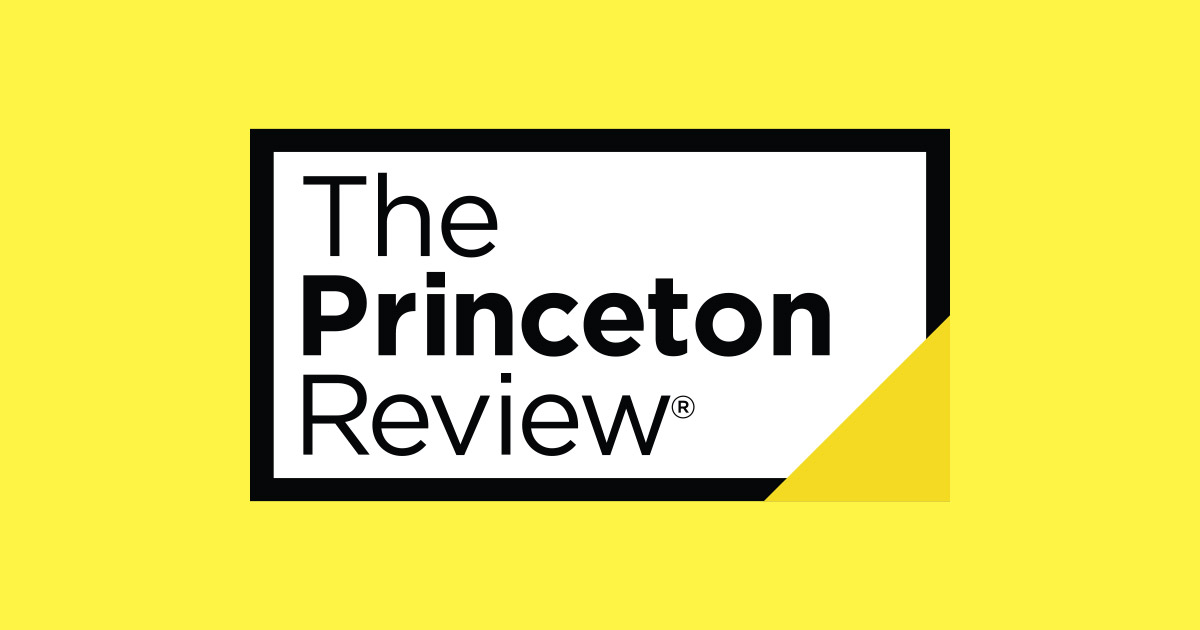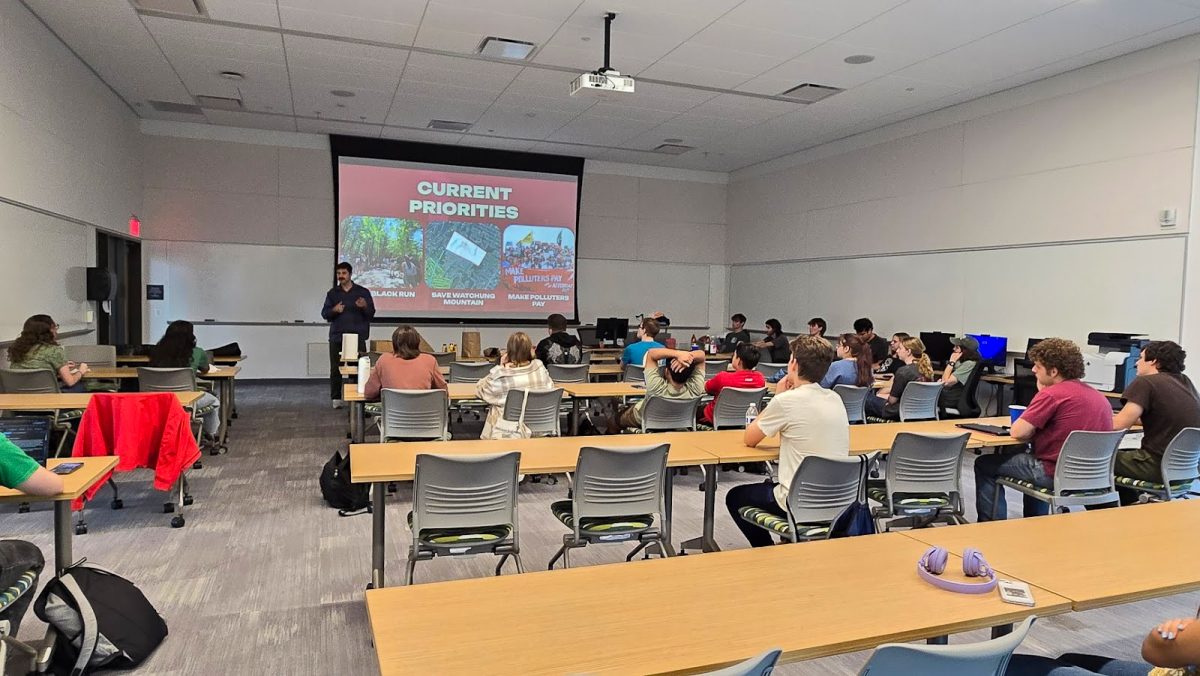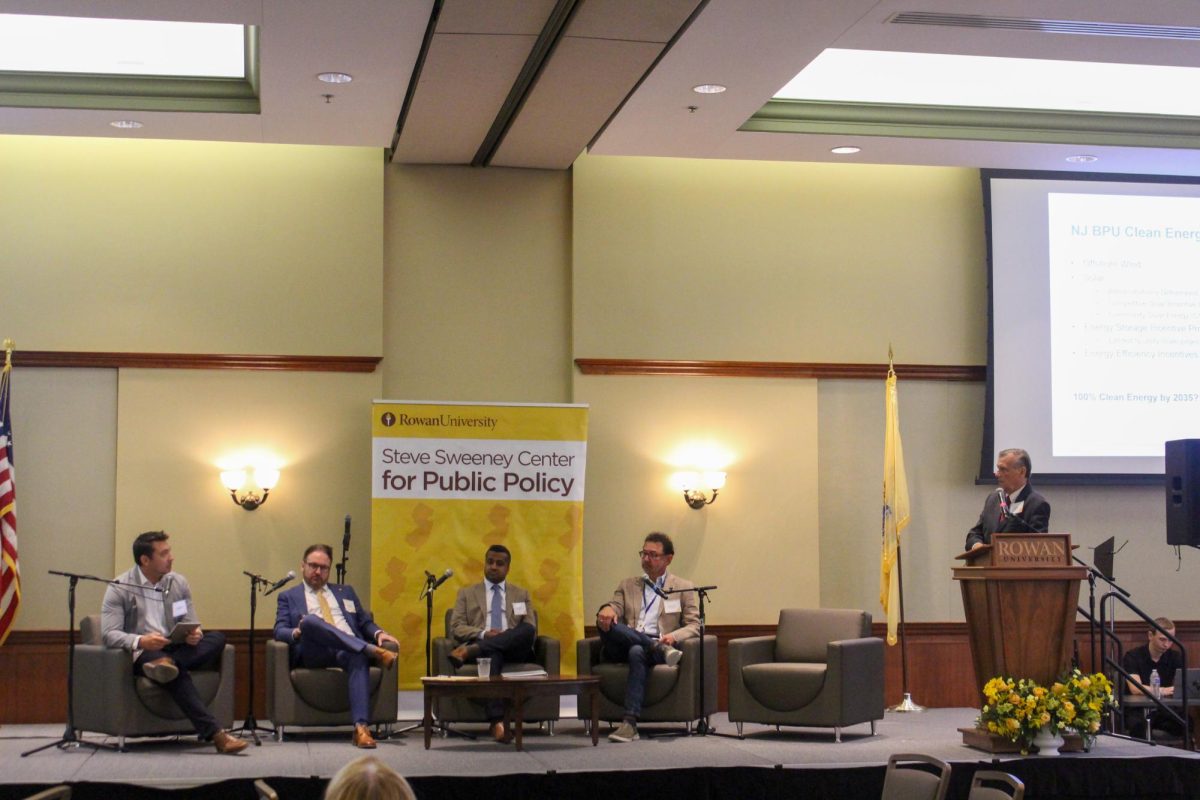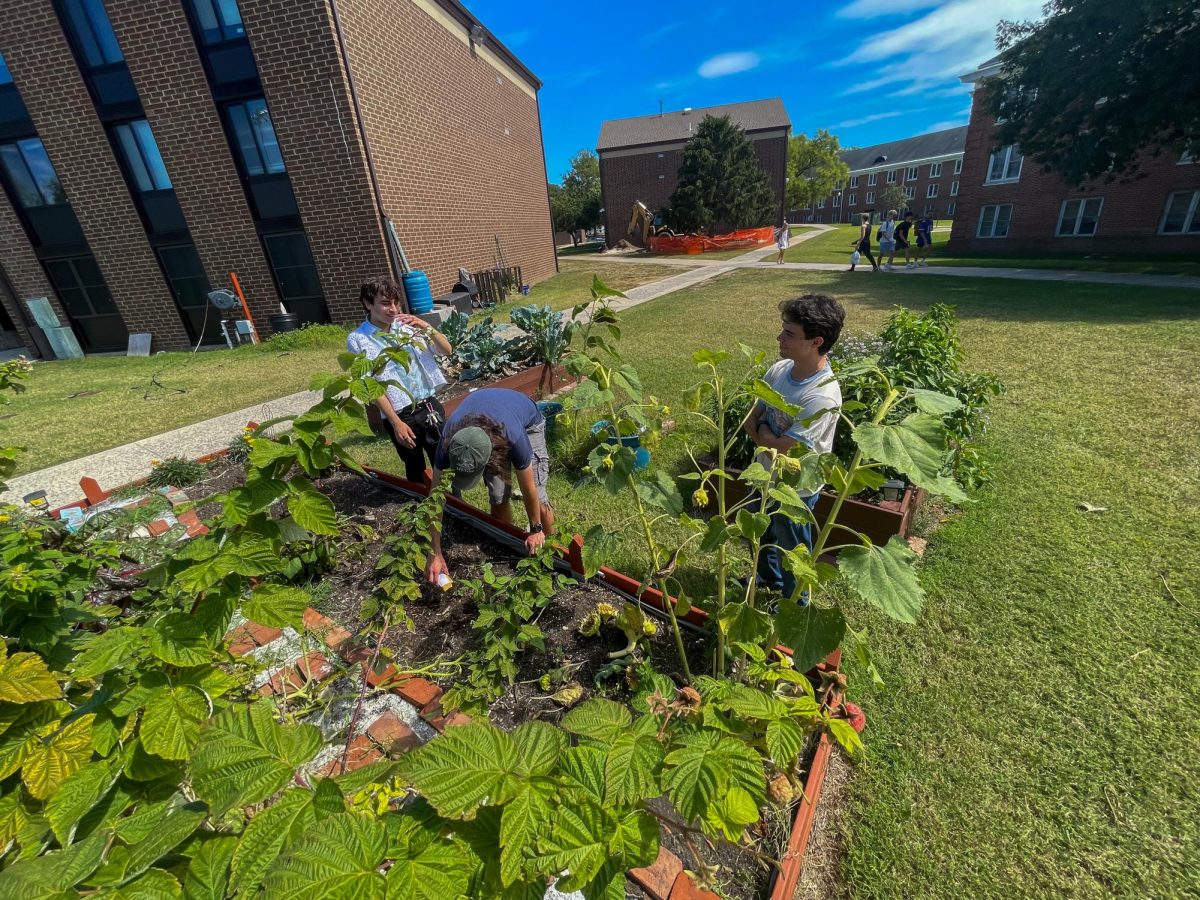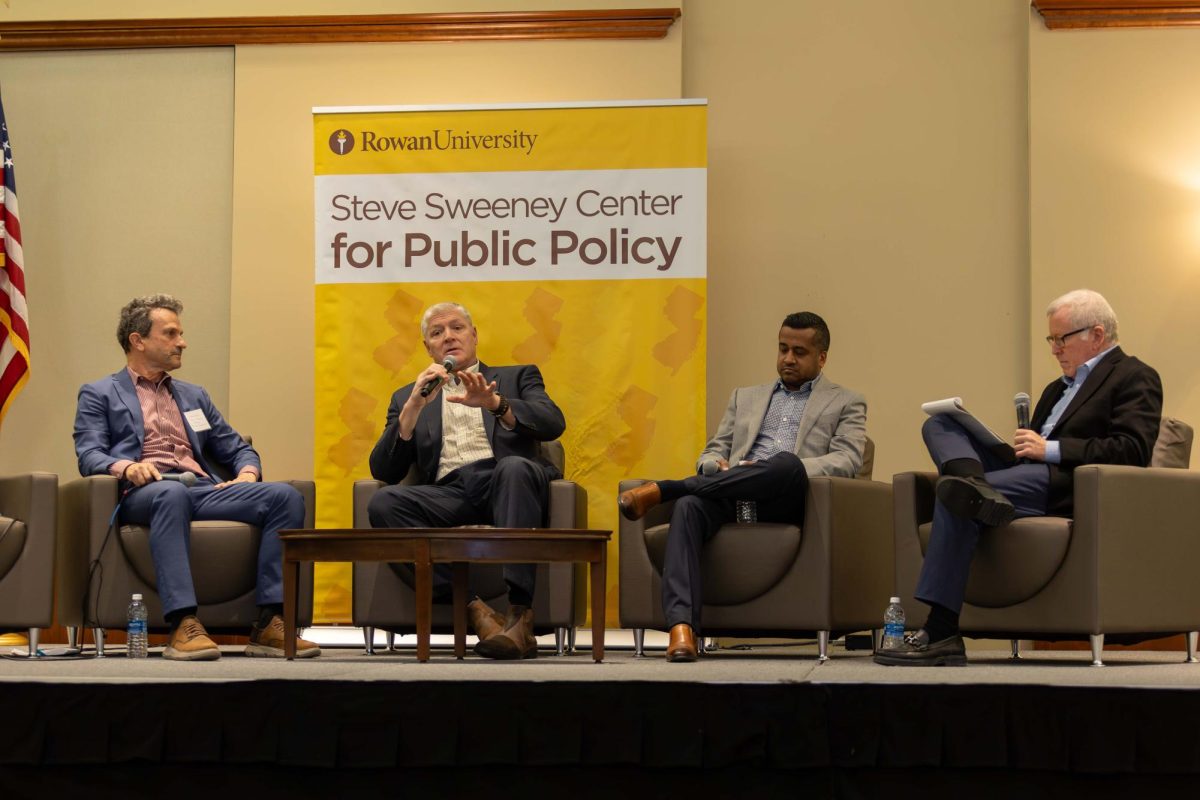Rowan University’s environmental efforts have been recognized for a second year in a row by The Princeton Review.
Every year since 2010, The Princeton Review, the educational services company, has published a “Guide to Green Colleges,” a free online source for students applying to college interested in going to schools that put environmental initiatives at their forefront.
This year, the guide looked at 511 schools, conducted surveys at about 600 colleges, and schools were selected based on their environmental programs, policies, and practices that have succeeded. The company also published a “Top 50 Green Colleges” for 2025 that shares superb sustainability practices and a strong foundation in sustainability education.
Even though Rowan University did not make the Top 50 list, it still received recognition and is a part of the 511 selected green colleges. On the website, there is no explanation of how Rowan University obtained a spot on the full list, nevertheless, the university met the criteria to appear on it.
The anticipated Edelman Fossil Park & Museum, a building using timber structure, wood siding, and low-carbon concrete, showcases its mission of using renewable materials to reduce climate change. The amount of daylight hitting the building decreases the use of artificial light. No fossil fuels are consumed at the fossil park because of the all-electric heat pumps that generate energy from the Earth.
The recognized sustainability efforts are also due to the various faculty and staff at Rowan working endlessly to research climate change impacts, teach their students, and create real-world experiences.
The Provost Fellow of Sustainability for the university, Dr. Garrett Broad, coordinates sustainability efforts across the university including academic programs, research, student engagement, and facility operations.
“Across the university, we have great environmentally focused academic programs in the School of Earth and Environment, but also in business, engineering, health, and science communication, I could name a bunch more,” said Broad. “We have a bunch of stuff happening in our Facilities and Operations as they’re trying to make the campus greener, from landscaping to new buildings.”
Broad works on making sure these elements connect, coordinate, and amplify the good work that has already been done, he hopes to make the Top 50 List in the coming years. In 2021, Rowan hired some faculty to broaden the initiative of sustainability in a plan called the Catalyst for Sustainability.
This initiative focused mostly on hiring about five faculty members that qualified to create ways to engage the public in sustainability and keep the momentum going at Rowan.
“I hope that as we continue to work on AASHE Stars reporting, it will give us a chance to get even more recognition from Princeton Review if we can achieve high rankings from the report,” said Broad.
The Association for the Advancement of Sustainability in Higher Education (AASHE) Sustainability Tracking Assessment & Rating System (STARS), is a self-reporting framework for universities to measure how they’re doing in regards to decreasing their carbon footprint and increasing long-term sustainability. Universities have to meet certain criteria to be participating in STARS and earn points based on their efforts to obtain bronze, silver, gold, or platinum ratings.
Broad and the university have already been working to submit the sustainability frameworks of Rowan so they get examined and rated by the AASHE STARS program.
Various academic programs give students hands-on experience in sustainability at Rowan, especially for majors outside of the School of Earth and the Environment. At Henry M. Rowan College of Engineering, there are opportunities for civil engineering students to aid in sustainability research.
Dr. Jess Everett, the director of the Sustainable Facilities Center, helps graduate and undergraduate students help public and private companies sustainably manage their facilities. This is done by reducing the environmental, economic, and social impacts of the buildings. The center was founded in 2018 and helps facilities build energy and water audits, energy outreach and planning, solar and wind assessments, and more.
“About nine years ago, we started getting enough money from the New Jersey Department of Military and Veteran Affairs to make it an official center. The center does research for two entities,” said Everett. “The New Jersey Department of Military and Veteran Affairs and the New Jersey Army National Guard have hundreds of buildings. If they run more efficiently, they can use less energy, save money, and maybe less water too.”
The center helps gather data that they use to make decisions about renovation, and maintenance of lights, and this data is found by full-time staff, and about 15 to 20 undergraduates working year-round. This opportunity gives engineering students a chance at understanding how their studies intertwine with sustainability, through analyzing energy usage, costs, and recommendations for new or old buildings.
The center has an engineering clinic only for engineering students, but their summer internship program opens up for environmental science, and environmental studies majors too.
Outside of the center, Everett also developed the sustainable civil and environmental engineering course, the sustainable buildings elective, sustainability for the built environment, and other courses.
Sustainability at Rowan is shown through the construction of new buildings, their academic programs, and centers like these that continue to foster environmental education in the student body.
An earlier version of this article originally appeared in the The Whit, a student-operated campus news outlet for Rowan University and a content partner with South Jersey Climate News.

